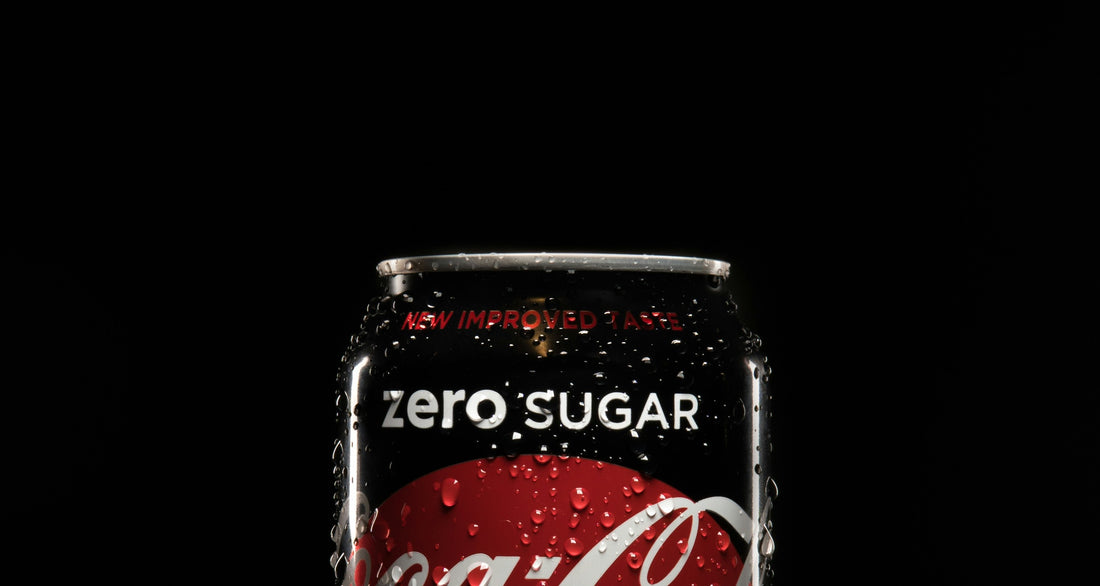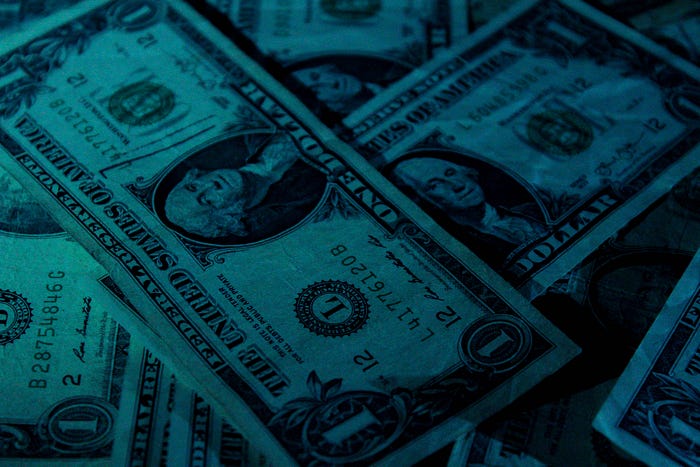
The Dark Side of No-Sugar Diet (Sweeteners)
Share
Perhaps it’s just me, but it always irritates me when I see words like “No sugar added” on some food packaging. What bothers me even further is that lots of these foods pretend to be the “healthier” alternatives when they are actually not.
There was one time when I was doing some grocery shopping, I looked at some advertised fancy-looking “healthy” energy drinks. Then I see things like 0 calories, 0 fat, and 0 sugar. I was like “Oh wow, this item literally contains “nothing”! So what the hell am I even consuming?”
I can’t recall when weight loss became a trendy thing, or perhaps I shouldn’t say it’s a trend anymore. I remember people were already struggling with weight loss back in early 2000, and yet 20 years later, not much has changed since then. The endless weight-loss “battle” is the norm instead of the trend now.
I heard about a strange concept years ago, which is like “No sugar + Low Calories = Healthy Diet”. I found it amusing, as it just sounds like the statement someone just recently pulled themselves out of sugar addiction would make.
And surprisingly it was still yet difficult for me to comprehend. At the end of the day, sugar is just another type of carbohydrate which we get our energy from, there’s nothing seriously bad about it, as long as you are not consuming too much of it.
The “cure” we all been waiting for

The weight-loss drama dates back to 1965, when artificial sweetener aspartame was initially discovered in a lab by accident. It was remarked by chemists, saying “It acquires exactly the same flavor as sugar, with lower calorie profile.”
This quickly seized the industries' interests, not only because it was way cheaper and tasted like sugar, but more importantly, the “health” benefits it provided were considered revolutionary. Entire industries were thrilled, aspartame was later launched for market sale in 1974.
As industries expected, people were fully “sold” to the idea, and they started to cherish it, as they could never imagine such a thing existed. It almost seems too good to be true, many believe this could be the ultimate answer to solve the public weight-loss puzzle once and for all.
And you guessed it, aspartame gradually became very “addictive” for lots of people in the late 20th century, in a strange way. Although aspartame acquires a very similar taste to sugar, they simply are not addicted to aspartame the substance itself, but the “benefits” it provides.
People would get greedy, as they don’t want to sacrifice pleasure for convenience. So why not take them both? Now they have aspartame, the ultimate “solution” they have all been waiting for.
Doesn’t all of these seem way too “convenient” for the industries? They first manufacture a bunch of addictive “toxic” food with high sugar content and trans-fat which all cause serious health issues like obesity and diabetes, then all of a sudden they become the public “life savior”.
Aren’t people just simply getting “brain-washed” by the industries? How can people give away their trust so blindly? Of course, they can, as they simply believe it’s the “cure”, welcome to the dark age of a “healthy” diet.
Human, the industries marionette

Industries are the true definition of creating the problem first then provide the “solution” after. They generate profit during the process and eventually repeat it again.
Consumers are constantly being stigmatized by the industries, and as a result, people tend to get crazy about weight loss these days. They feel shameful for how “fat” they look, even though sometimes they aren’t even considered fat.
The Ozempic Hype surely is a great example of how people lose their insanity when they are addicted to something. Here I must “appreciate” the industry's tremendous effort in rupturing our society. Just look at the popularity of artificial sweeteners these days, this is clearly a huge “win” for the industries.
The invisible enemy

If you give “aspartame side effects” a quick search on the internet, you will likely see many media companies or regulatory authorities mentioning its related health risks. If you pay attention closely you will see they are all being very clever in picking the right words to use.
For example, they tend to use words like “possible” and “potential”. Although you can say they try to be rigorous as they won’t claim things they are not entirely confident about.
Words like “possible” and “potential” are not very convincing to a lot of people, as it seriously wouldn’t justify the “benefits” towards them. People are likely to take “small” risks from consuming aspartame in exchange for the outcome they want.
Are they going to get brain tumors or even cancer in the next few months? Probably not, but are they going to lose a serious amount of weight? It’s a guaranteed yes from many of them.
Even if there are people who suspect the potential health risks of aspartame, like tumors, it’s totally fine! Because that’s probably just 2 out of 10 people, it wouldn’t make a big difference for the industries anyway.
Either way, the industry's job is more than completed. They had successfully shifted the public attention towards the problem itself rather than the person standing behind it.
So who’s the real enemy we are fighting for? Is it the problem (aspartame) itself? Or the Industries who is causing these problems? People would never win a fight without knowing who they are fighting against.
Perhaps these are just some conspiracy theories. However, I want to call it “the truth that people are afraid to believe as long as there is no evidence to prove it.” Any person with at least some kind of common sense would know these are no longer theories anymore, it’s the devastating reality that we can actually see and feel.
The optimistic idealists

Some people are definitely not convinced, as they would often say “If things like aspartame are really that harmful, why is it still legally sold in the market without getting banned? It’s surely not a big deal and people just need to stop exaggerating things and move on with their life.”
Perhaps they are “right”, if something is seriously harmful, authorities must have banned it already. On the other hand, research studies published by the FDA and EFSA (European Food Safety Authority) all claimed aspartame is safe to consume, so there is nothing to worry about, right?
Oh, have I mentioned the majority of these studies are funded by the industries? How could they afford to let one of their beloved moneymakers get banned? That’s obviously not going to happen.
The cycle of depression

As of 2023, artificial sweeteners account for nearly 50% of the entire sweeteners market, its revenue is about 6 billion. This is almost a quarter of the annual GDP of a small country like Iceland.
The brain tumor was one of the health issues that had been closely related to aspartame. Its therapeutics market had been secretly growing at triple the speed of aspartame.
It’s clear to see what the industries are trying to achieve and why they are so desperate to push our world towards a “healthier” future. The food and health industries remain so profitable, as they always work back-to-back accomplishing each other like brothers.
People tend to fall into this “cycle” of depression as they have already been “stigmatized”. Perhaps some of them would eventually get “rescued”, whereas most of them still struggled.
Originally published in Ecorational, check out the full article with more in-depth research details.
